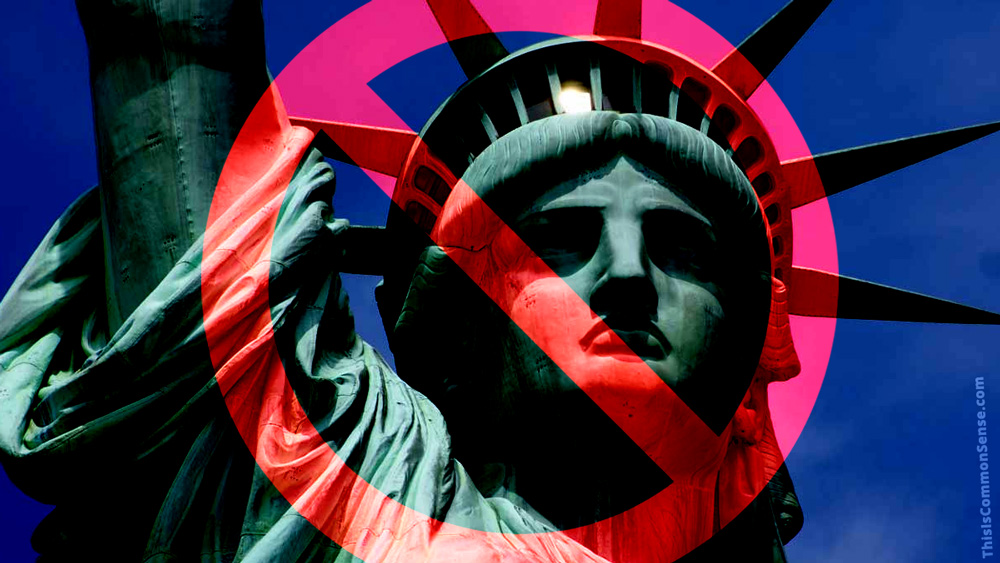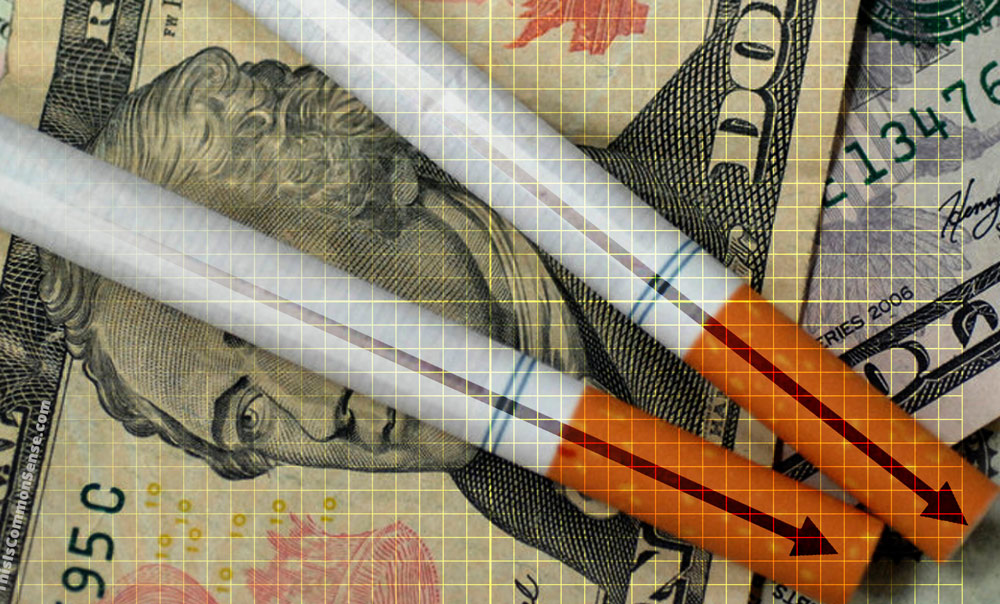We’re dealing with a pandemic, here, and the Food and Drug Administration insists upon poisoning us.
Or, more accurately, the FDA sticks to Prohibition-Era poisoning schemes, no matter how unreasonable or counter-productive.
Private enterprise is stepping up to the plate. “Local distilleries like Restorative Republic and rum-maker Cotton & Reed are making artisanal hand cleaner, the primary ingredient in which is high-proof alcohol,” writes Peter Suderman at Reason. “And anyone who buys a bottle of their booze also gets a small bottle of what you might call hipster Purell.”
This should be a feel-good story. But government regulators are not in the feel-good biz.
What is the FDA saying to the 500 or so distilleries across the country who want to pitch in, making up for the supply crunch?
The regulatory agency insists that they denature the alcohol in the sanitizer.
Denatured alcohol is, Wikipedia succinctly states, “ethanol that has additives to make it poisonous, bad-tasting, foul-smelling, or nauseating to discourage recreational consumption.”
The feds thus carry on the old prohibitionists’ tradition of poisoning products to discourage drinking.
It’s an idiotic practice: Preventing children from destroying themselves with alcohol by making the easiest-to-access alcohol unpalatable. But kids have been known to sneak drinks even those they find disgusting and vile, just to get the alcohol buzz. So: let’s kill the kids! That’ll teach ’em.
And insisting that distilleries denature their alcohol means that distilleries would ruin their equipment for making drinkable alcohol.
Though some liquor distillers are trying to up hand sanitizer production, ten times more could be produced were the FDA to change its rules, Suderman explains.
Get out of the way, government.
This is Common Sense. I’m Paul Jacob.

—
See all recent commentary
(simplified and organized)










